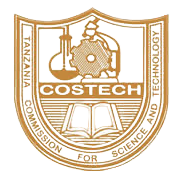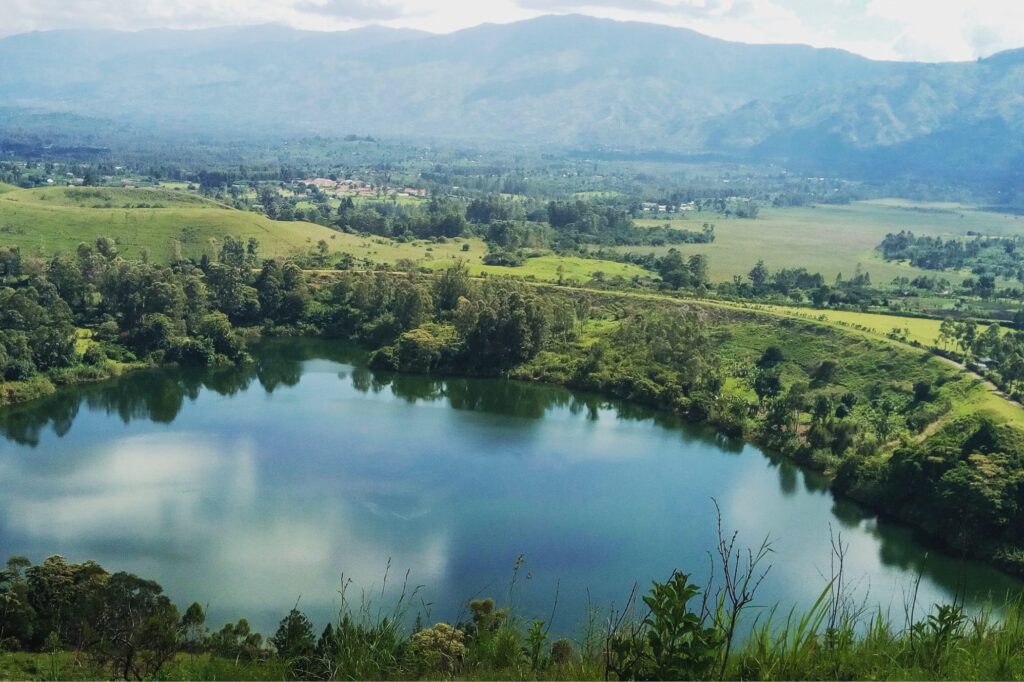Tanzania
Science Granting Council
Summary
The Tanzania Commission for Science and Technology (COSTECH) coordinates, promotes, and facilitates research and technology development to foster innovation and drive socio-economic progress in Tanzania. It serves as the principal advisory body to the government on matters related to science, technology, and innovation
Council details
The Tanzania Commission for Science and Technology (COSTECH) is the government’s principal advisory body on science, technology, and innovation. It coordinates, promotes, and facilitates research and technological development to foster national progress and improve the lives of Tanzanians.
COSTECH operates as three integrated entities: the Commission, the Centre, and the funding body. These institutions work together to support science, technology, and innovation (STI) that meets Tanzania’s development priorities.
Through strategic research investments, COSTECH is building a strong national innovation system that enhances productivity, encourages entrepreneurship, and supports evidence-based policy development.
Enhancing Research and Innovation through the SGCI
As a member of the Science Granting Councils Initiative (SGCI), COSTECH has benefited from support that has strengthened its internal structures and practices. SGCI funding enabled the review and improvement of the institutional framework, enhancing COSTECH’s effectiveness.
One major outcome has been the integration of gender mainstreaming across COSTECH’s programmes and operations. SGCI support has also improved ways of working and created opportunities for joint learning with other African Science Granting Councils.
COSTECH has funded fifteen projects under the SGCI framework. These include seven in emerging technologies, four focused on food security, and four in industrialisation and manufacturing. The projects address national priorities while building research capacity and promoting innovation.
Tanzania has also participated in a collaborative multi-country project through SGCI. This project brought together institutions from South Africa, Kenya, the Netherlands, China, and Tanzania to address shared development challenges.
Leadership Perspective: Shaping Tanzania’s Future Through Innovation
In a recent interview, Dr Amos Nungu, Director General of COSTECH, shared the Commission’s impact and vision. He highlighted the value of SGCI membership in enhancing Tanzania’s STI capacity and advancing inclusive, sustainable development.
COSTECH, one of Africa’s longest-standing science councils, continues to shape Tanzania’s future through innovation and knowledge-led growth.
Impact we’re having
Stories of change
Low-tech health app engages
Five years after its launch, PENSA – a mobile app developed in Mozambique— has been accessed by…
SGCI funded projects
7 AI Projects driving progress in Tanzania
Project Titles & Institution Areas of Research Number of Projects being funded Project Duration Grant Amount In-Kind Distribution Council Collaboration with other councils
Related News
Voices of SGCI: Council leaders on the direction and ambition of SGCI 3
At the African Union’s Science, Technology and Innovation Week in Addis Ababa, earlier this month, leaders of science granting councils reflected on what SGCI Phase 3 represents for Africa’s science and innovation systems. From ownership and alignment to stewardship and sustainability, here are their voices…
Building Africa’s science future: inside the SGCI alliance
As Phase 3 of the Science Granting Councils Initiative launches on the margins of the African Union Summit in Addis Ababa last week, the SGCI Alliance Chair explains why this moment marks a decisive turning point for African science. Cephas Adjei Mensah describes what is…
Open call: Support for science granting councils in Sub-Saharan Africa
The International Development Research Centre (IDRC), through the Science Granting Councils Initiative (SGCI), has launched a call for proposals to support science granting councils in Sub-Saharan Africa in the establishment and operationalisation of the Capacity Strengthening Hub under Phase III of the SGCI-3. The Hub…






